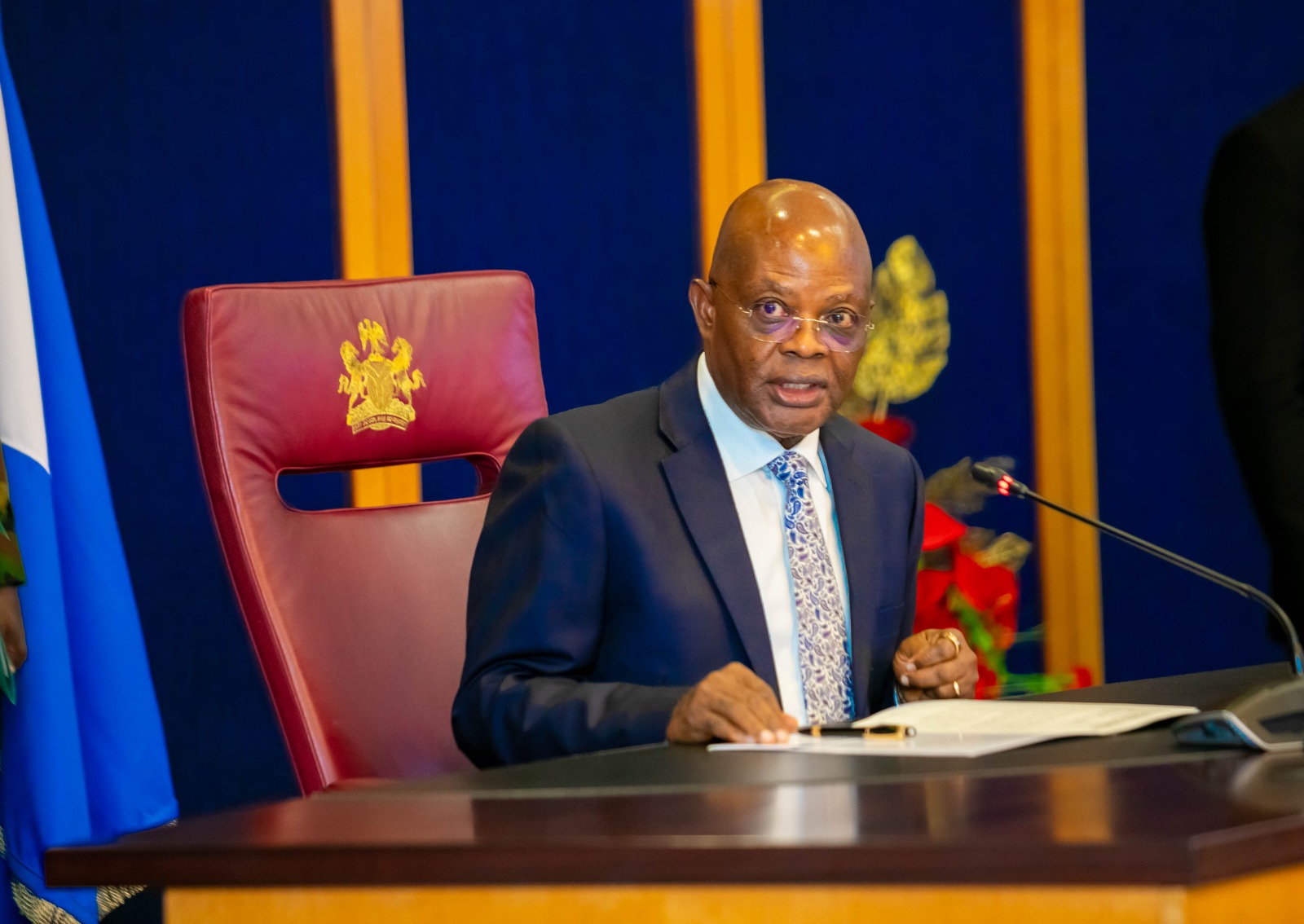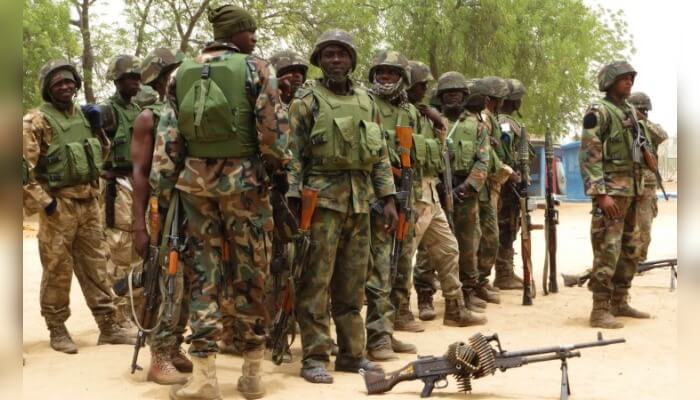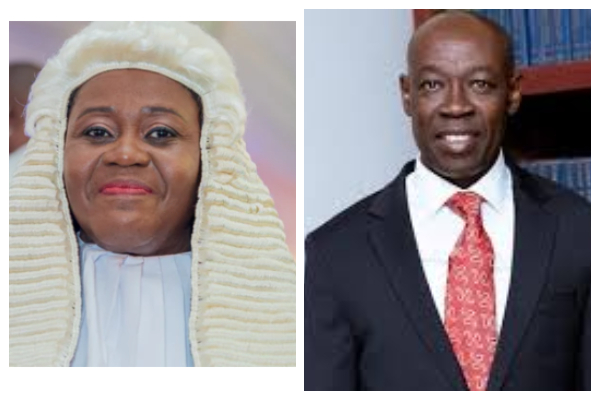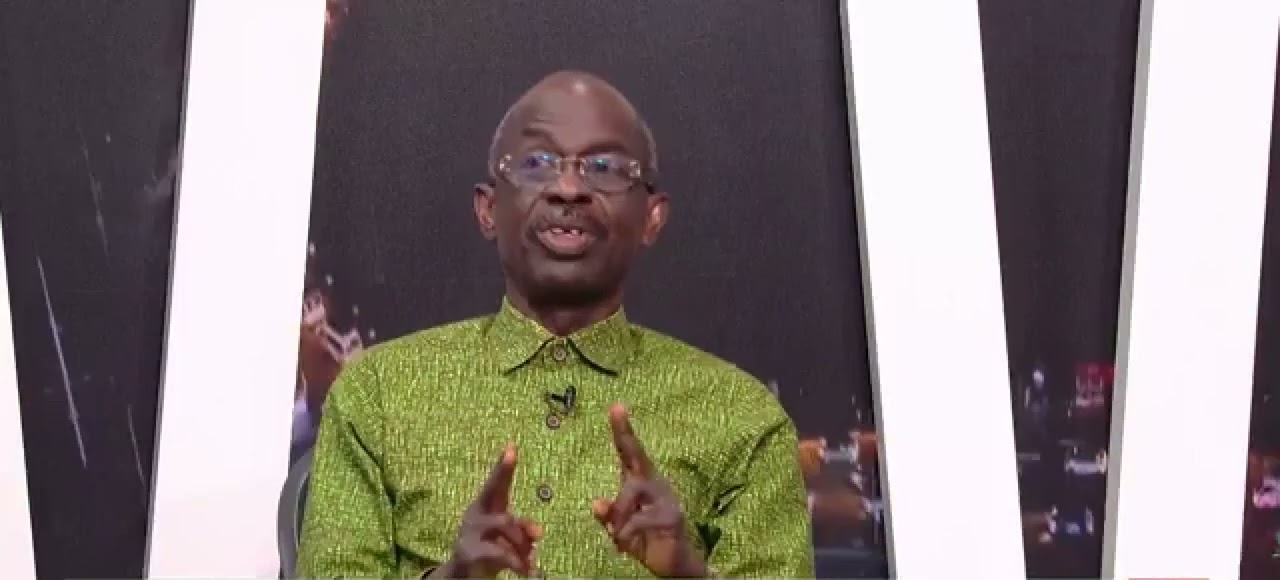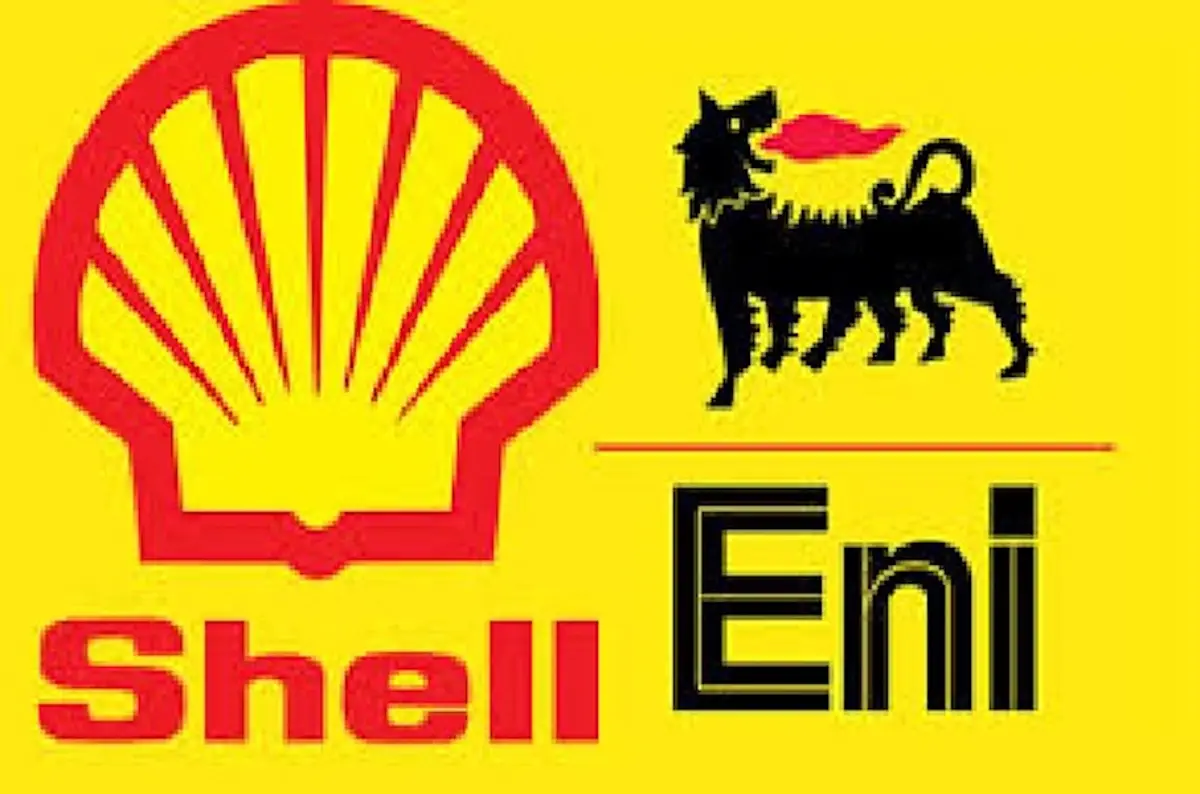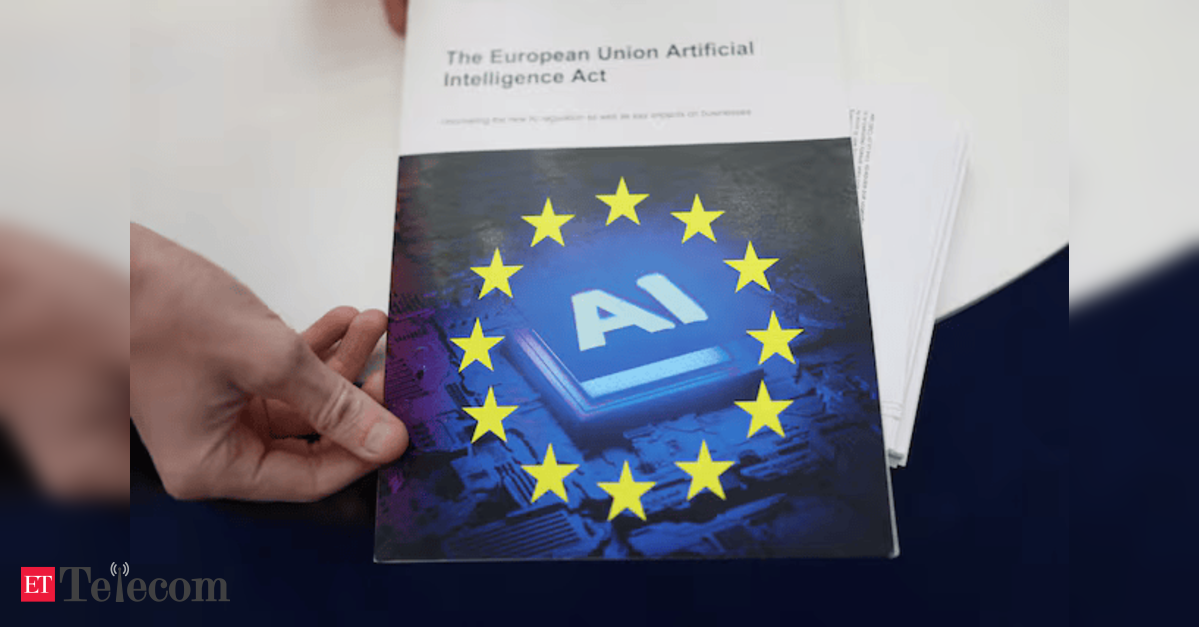Key results of the Foreign Affairs Council: Escalation of the frequency and intensity of the attacks by Russia against Ukraine demands respond with strength | EEAS
“We all support the efforts to achieve a ceasefire, but Russia is escalating the frequency and intensity of its attacks. Just last night, we had again in Kyiv five casualties. This demands we respond with strength,” Kaja Kallas, High Representative for Foreign Affairs and Security Policy and President of the Foreign Affairs Council said.
The Council then discussed to Ukraine. In this context, the High Representative announced that member states’ pledges already accounted for target set by the .
EU ministers then touched on the of individual and economic sanctions on Russia, currently under discussion, and held a discussion on against European countries, on the basis of a briefing by the Director of EU INTCEN, Daniel Markić.
Over a working lunch, the Foreign Affairs Council discussed relations with China, including China’s actions that affect EU security, such as and its war of aggression against Ukraine, and (e.g. cyberattacks and Foreign Information Manipulation and Interference - FIMI). The Director of EU INTCEN, Daniel Markić, provided a briefing.
“China is one of the largest trading partners, and we have a few issues like climate change where we cooperate. But every relationship requires a dose of realism. China enables Russia's war against Ukraine. […] It carries out cyberattacks. It interferes in our democracies. It uses coercive trade practices. These aspects strain our relationship and make it increasingly hard to continue as before,” Kaja Kallas, High Representative for Foreign Affairs and Security Policy and President of the Foreign Affairs Council stressed.
The Foreign Affairs Council was preceded by an informal breakfast to discuss the latest developments in . In this context EU ministers restated the EU’s call for and a diplomatic outcome, and confirmed the EU position that Iran must never be allowed to acquire a nuclear weapon.
On , the High Representative stressed that the EU priorities are clear: return to full ceasefire, full humanitarian access, and the release of all hostages. She informed the Council about her outreach with Israeli authorities and the messages passed to Minister Saar, including on the need to lift the blockade on food and medicines. The High Representative also presented to the Council the review of Israel's compliance with , and ministers had an exchange of views on it
“Our first goal is to change the situation on the ground and help the humanitarian aid get in, and help the people. So today was the beginning of the debate and not the end,” Kaja Kallas, High Representative for Foreign Affairs and Security Policy and President of the Foreign Affairs Council emphasised.
Regarding , the Council discussed how the EU can further support the UN-led mediation process with a view to a durable political solution.
Under current affairs, the High Representative referred to the rapidly deteriorating situation in , where a new wave of repression is targeting opposition leaders, civil society organisations, independent broadcasters and protestors, and Georgian authorities are spreading disinformation on the EU and its member states.
The Council approved conclusions on and the priorities that the EU will follow at the upcoming (September 2025 – September 2026).
The Council imposed restrictive measures on five persons responsible for

